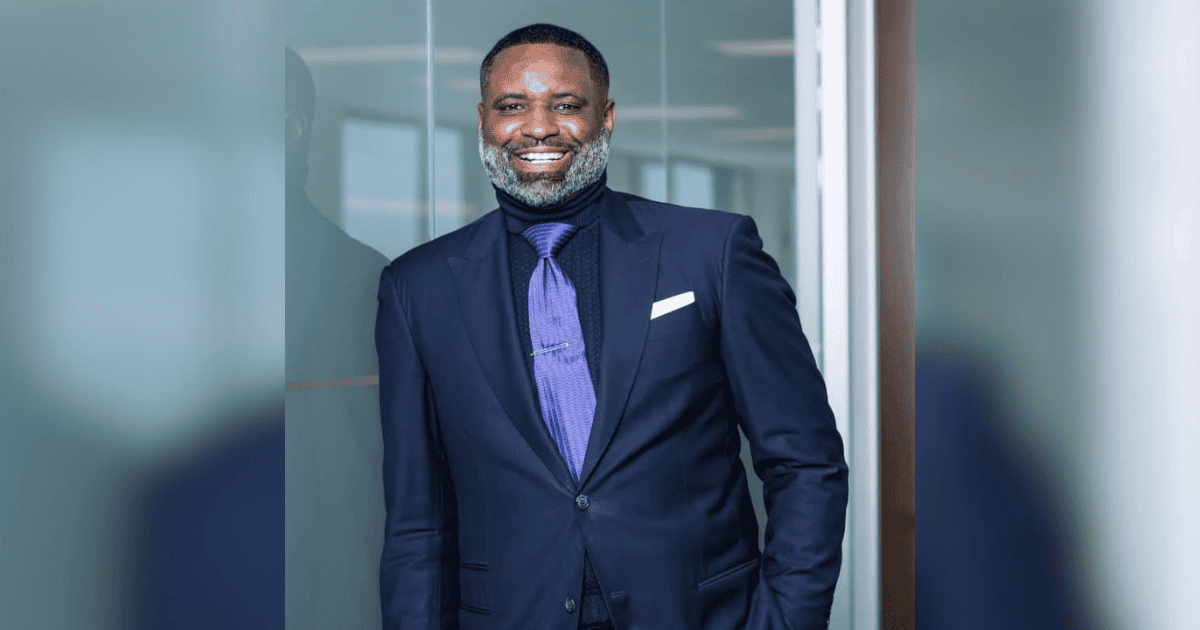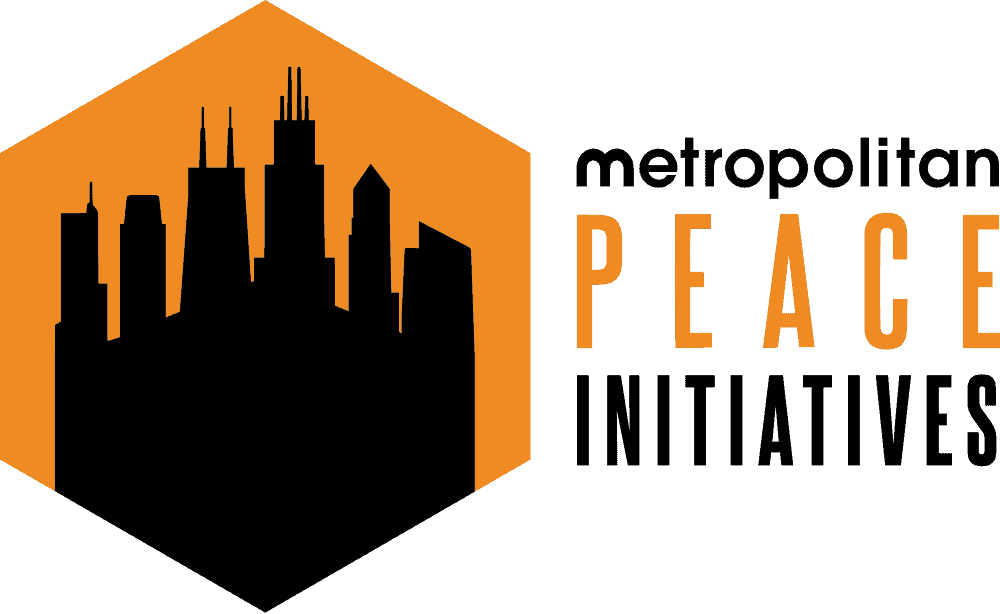Op-Ed: Where Chicago’s Community Gun Violence and Migrant Humanitarian Crises Intersect

Written by Kanu Iheukumere, Metropolitan Peace Initiatives’ Chief Policy Officer
As Independence Day celebrates freedom and liberty, the American experience remains a struggle marked by contradictions between our ideals and the realities faced by underrepresented citizens.
While striving to uphold a democracy based on equal access, the nation continues to grapple with entrenched racism and xenophobia.
This produces and maintains an underlying tension that can either enrich our interactions or strain communal relations.
This tension often goes unrecognized. But when recognized, it exposes underlying conflicts such as competition for resources, cultural differences, and social integration challenges.
This angst is a main character in the kind of anxiety that surrounds the migrant humanitarian crisis.
And with it comes community gun violence.
The factors turn up the heat resulting in hostility between and within high-risk communities and new arrivals adjusting to a new life experience.
Deep-seated resentment now resides in the heart of underserved Chicago neighborhoods where these two communities of interests are striving for stability and opportunity.
As a collective of community based organizations serving 28 underserved areas, Communities Partnering 4 Peace has been effectively addressing the neighborhood and political challenges of both combatting gun violence and welcoming migrants in need of humanitarian assistance, safety and support. We work in solidarity with both longtime residents and new arrivals. And what we’ve learned by listening is that ongoing community gun violence will be exacerbated if we don’t implement a collaborative strategy that accommodates the needs of new arrivals and incumbent residents.
The quest for attention and resources on both sides shows just how much affordable housing, education and viable employment drive efforts to stop gun violence: It’s about more than getting people to stop shooting.
Local humanitarian initiatives show us that the optimal solutions sometimes conflict with the preferences of residents. People say they support criminal justice reform but hesitate when it involves hiring someone formerly incarcerated to help reduce gun violence. We proudly claim to be a sanctuary city until doing so demands personal sacrifices. The legacy of racism persists, and xenophobia remains prevalent. We have spent decades witnessing how abandoning people in the short term leads to community decay in the long term, with mission-based institutions and government administrations left to repair and restore who and what the status quo cast aside.
One thing is true: community tensions will persist if we don’t come together.
Nelson Mandela was right: “The best weapon is to sit down and talk.”
These challenges and tensions illustrate why July 4 is more than a holiday. It tells the story of who we are and the potential for who we can be. This narrative must be more cohesive.
The challenges in our neighborhoods are multifaceted and interconnected. In the spirit of the shared optimism of our Founding Fathers, our solutions should also be.
